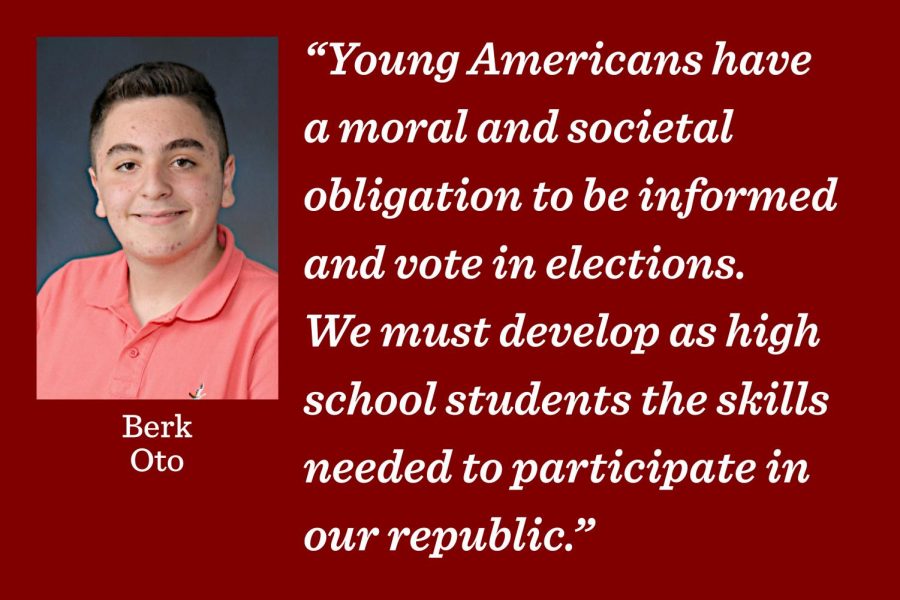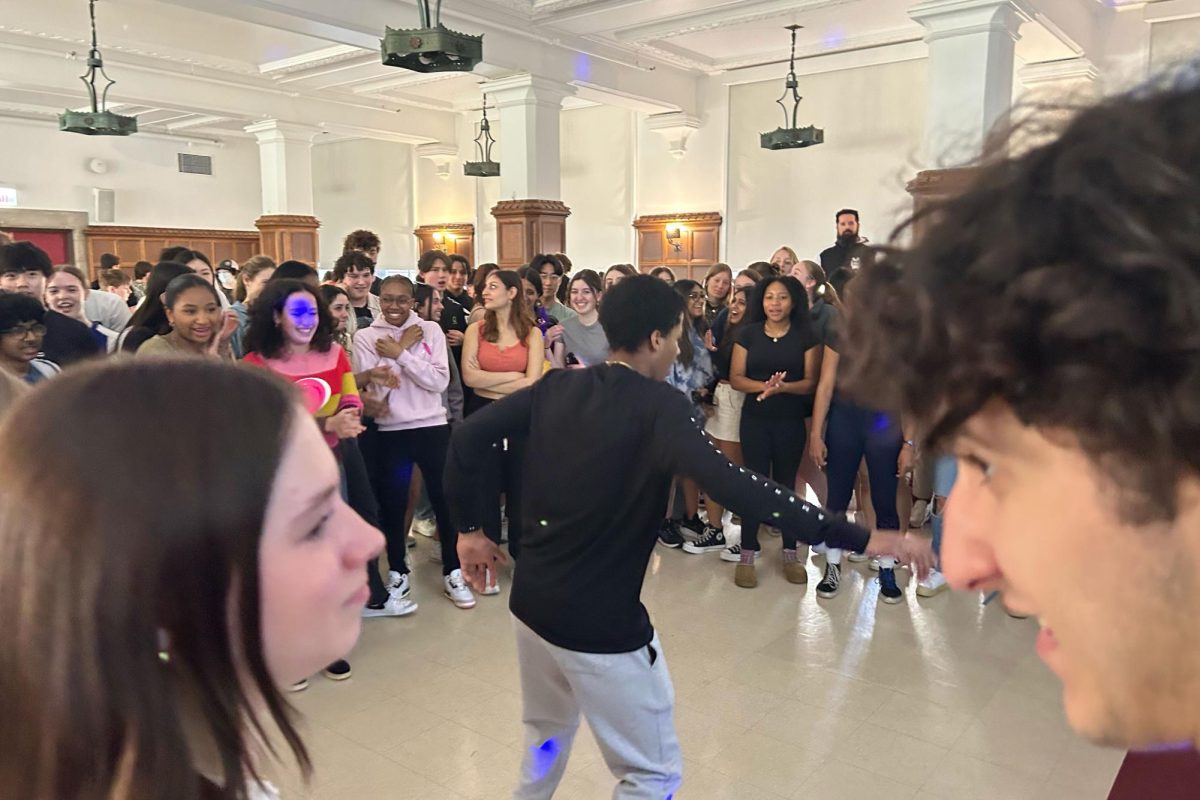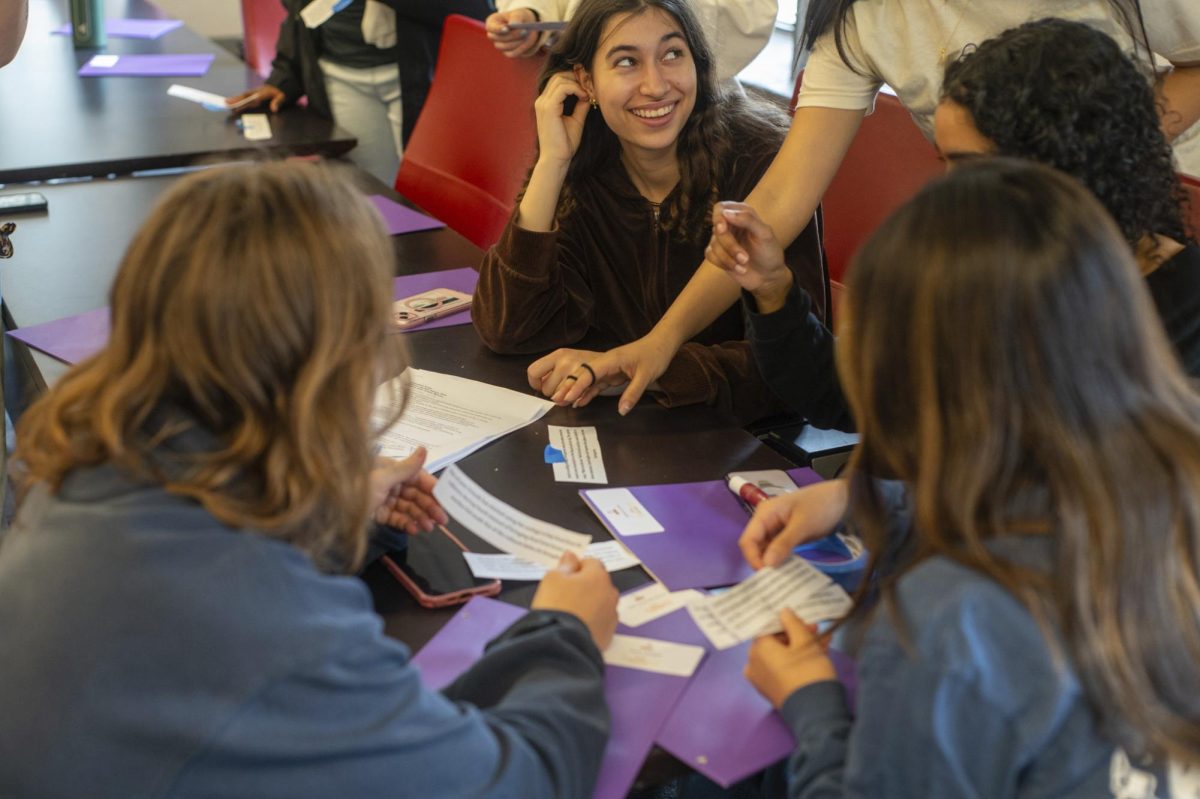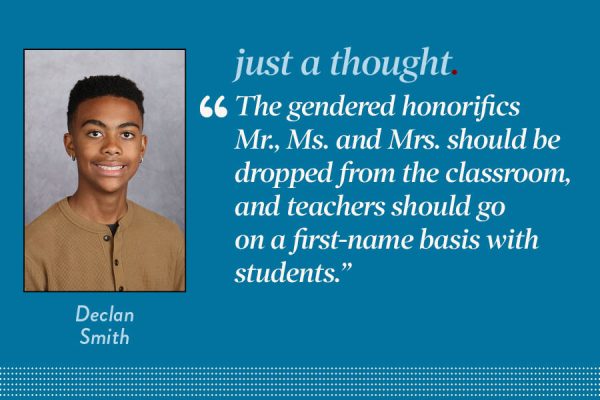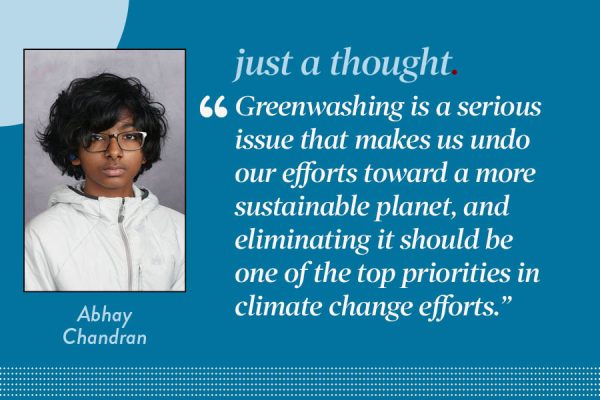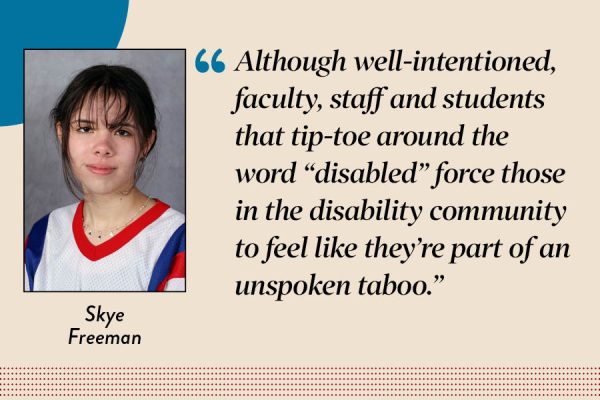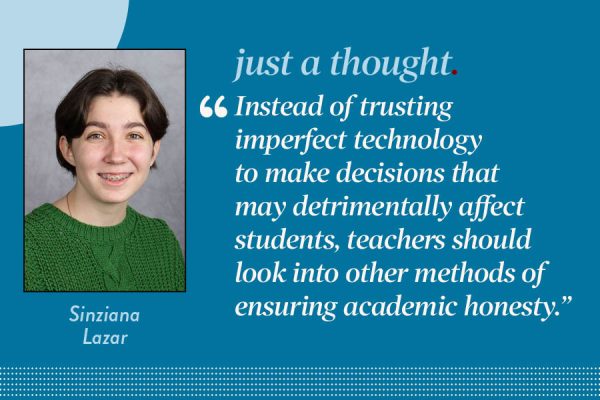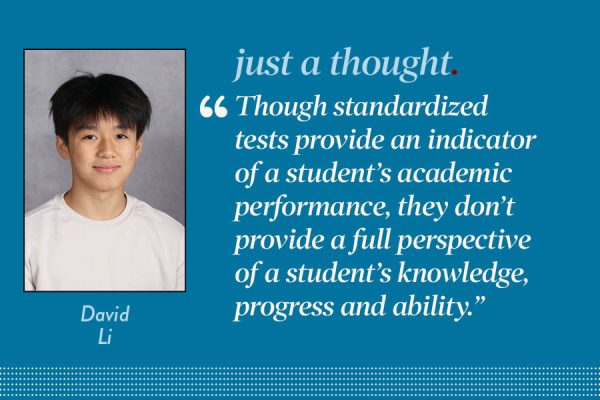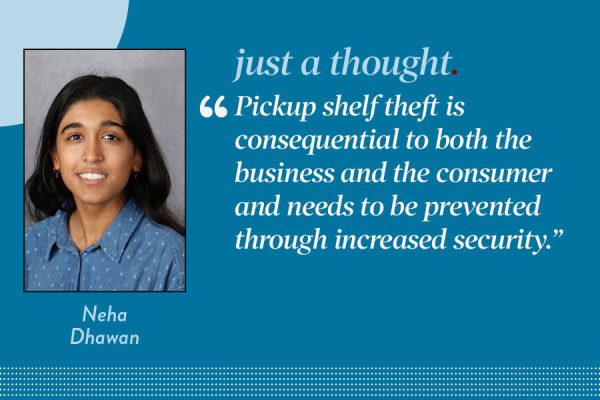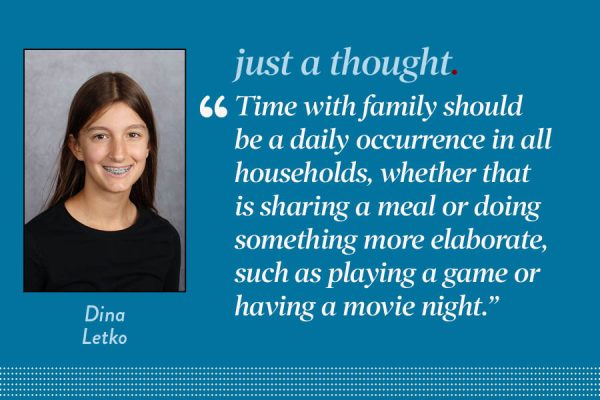Students, pay attention to this election cycle
February 20, 2020
Imagine a world where young people voted in U.S. elections. Data show that Bernie Sanders would be president, the United States would be leading the charge against global warming instead of lagging behind and all Americans would have access to government-supported health care.
From Climate Strikes to March For Our Lives and Women’s Marches, 18- to 30-year-olds are becoming increasingly active in political protest, yet voting rates are still abysmally low when compared to other age groups.
Young Americans have a moral and societal obligation to be informed and vote in elections. We must develop as high school students the skills needed to participate in our republic.
Only 23% of young Americans are proficient in American government, according to the Department of Education.
Our generation often complains that Baby Boomers have corrupted politics and have thereby trivialized voting. But the reality is that young people, by declining to vote, forfeit their futures, and consequently the future of American politics, to Boomers, Generation X and Millennials.
Fundamental alterations to democratic institutions that are popular with today’s youth, like abolishing the Electoral College and regulating lobbying, only happen if all age groups turn out on Election Day.
A substantial contributor to the lack of youth participation is the deficiency of civics education regarding elections and democratic institutions as a whole. Only 23% of young Americans are proficient in American government, according to the Department of Education.
Some policymakers and academics propose a stronger civics education similar to one the United States had in the 1960s, when young Americans voted at much higher rates. This may be an effective strategy overall, but democracy is fundamentally about people choosing to participate.
Therefore, the choices of electoral education and participation ultimately rest on the shoulders of young citizens. Yet, in this year’s caucuses, only 42% of young Iowans ever sought out information on the candidates, according to Tufts University. This is shameful for our country.
Even if you are not eligible to vote in the next election, act as if you are — find out how and where you can vote in your state, research the policy positions of candidates, make a decision for who you would vote for and maybe even volunteer for them. Such steps are necessary to preserve the viability of our democracy and maintain a healthy republic governed by the entirety of its citizenry.



